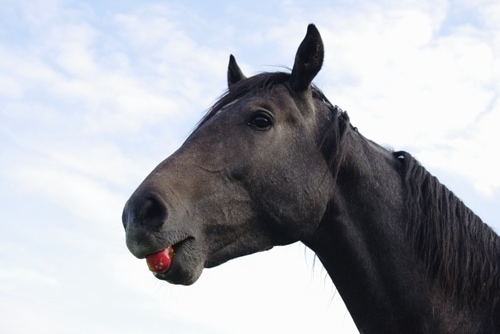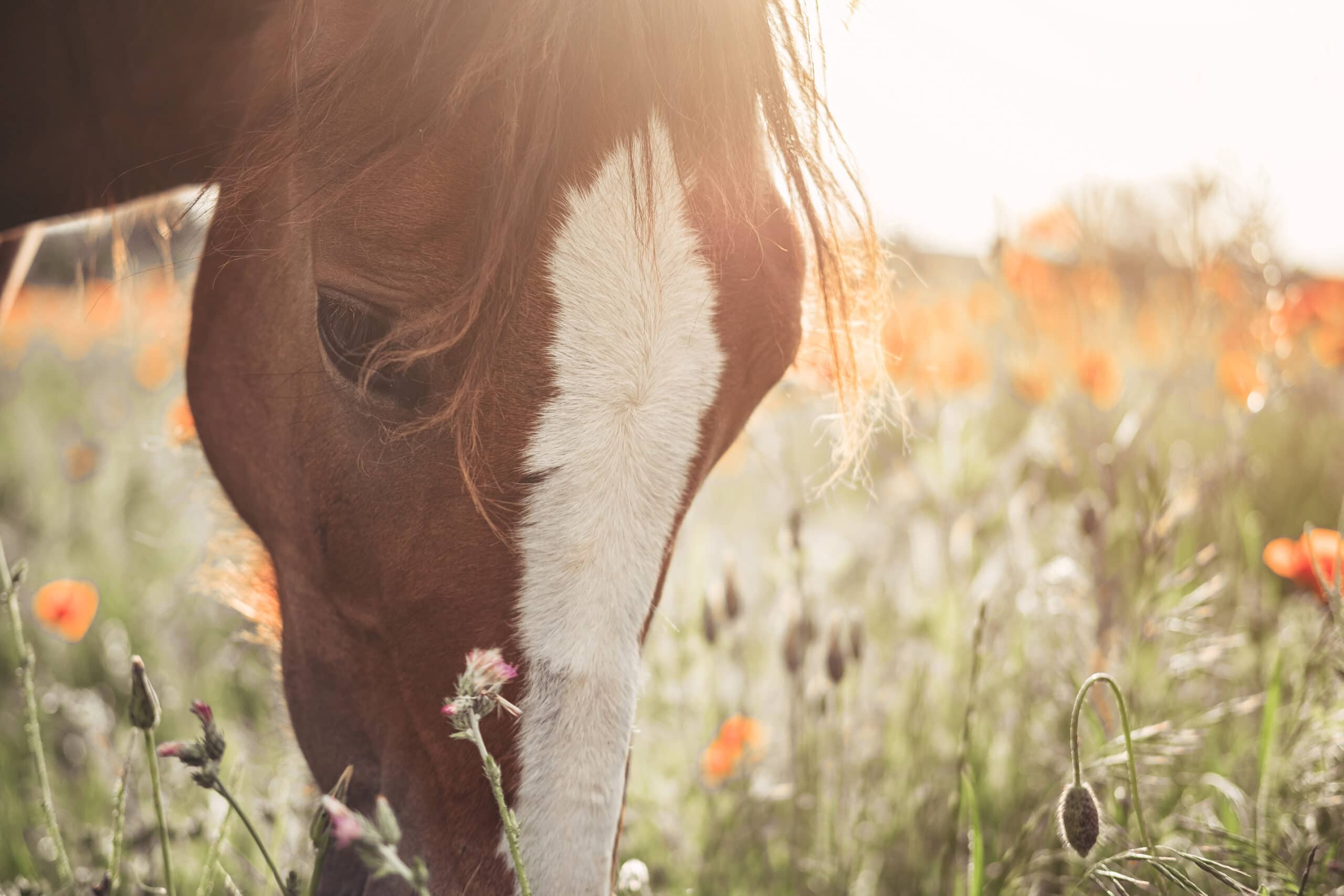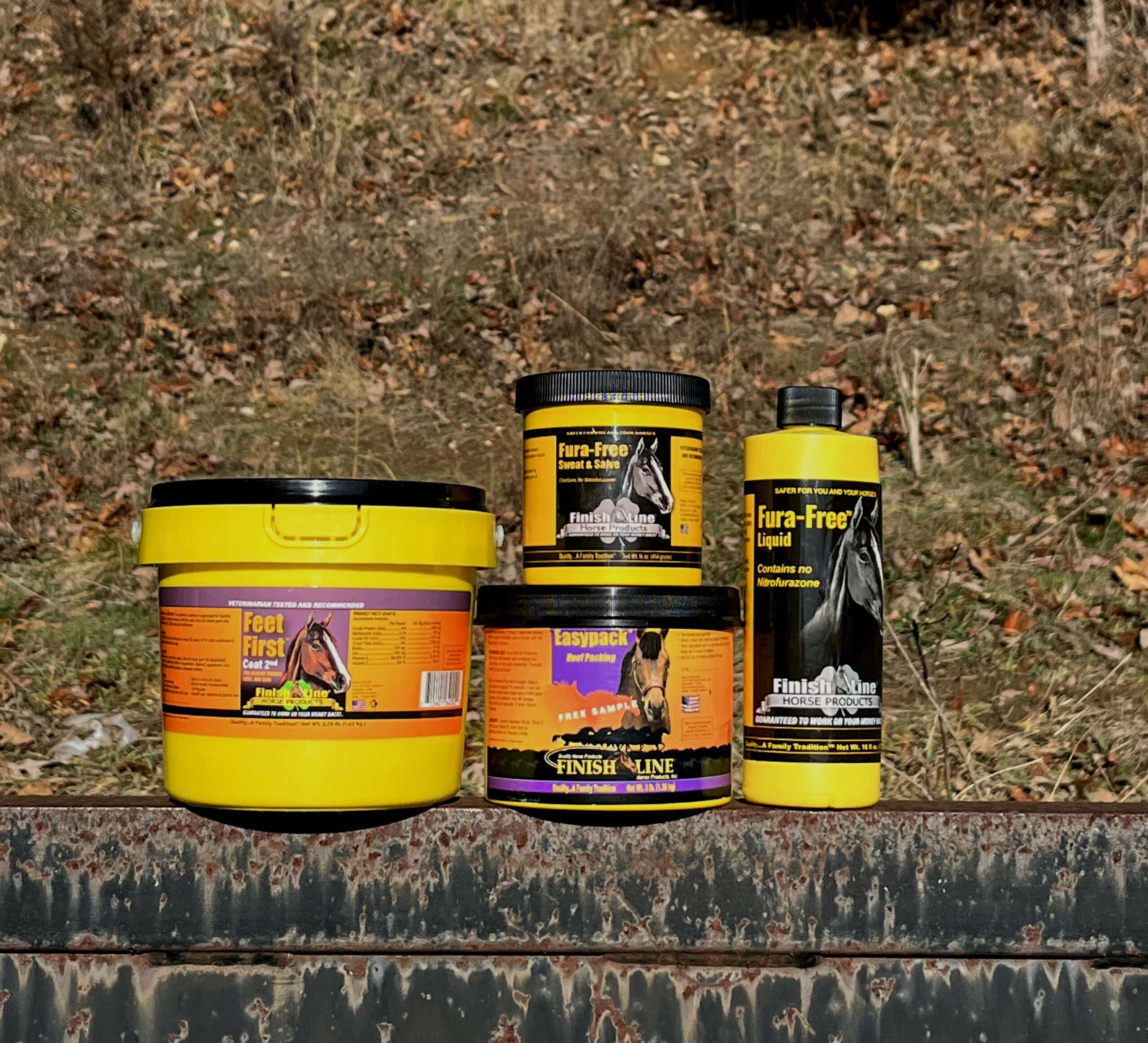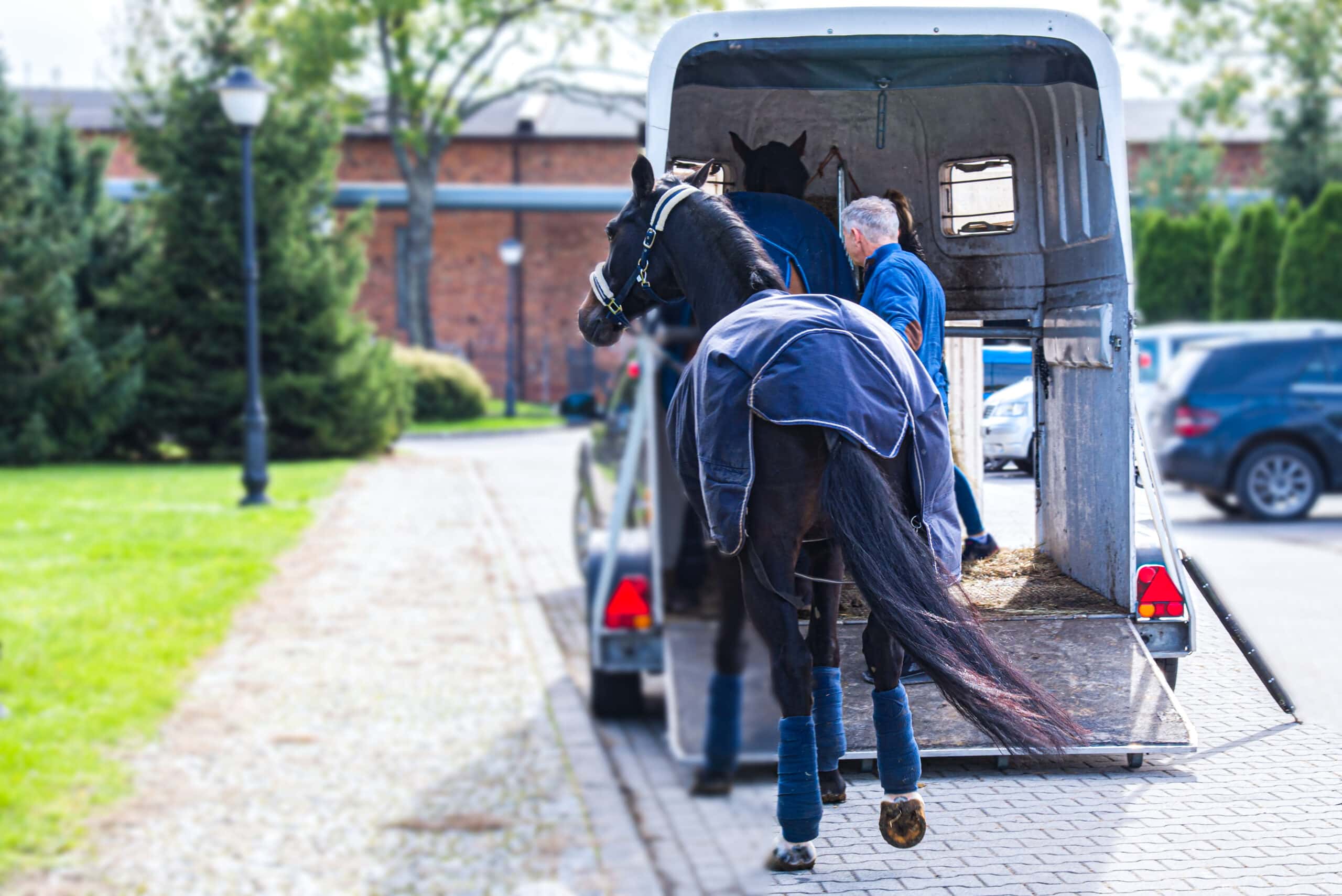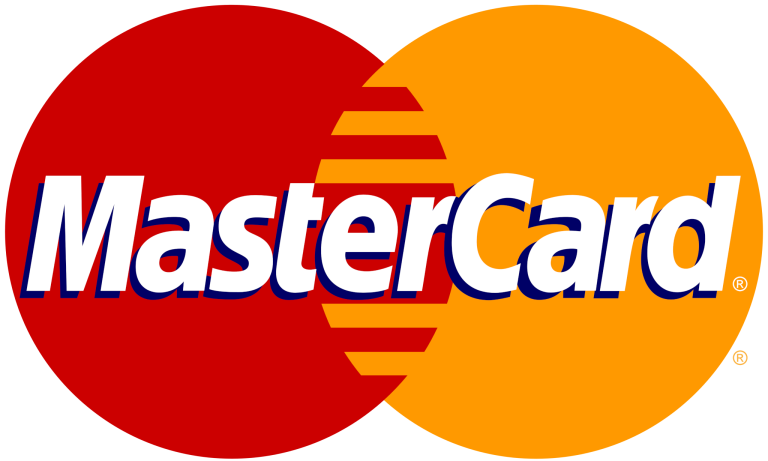Offering a horse a treat – be it carrots, oats and barley or even special cookies – is an important way in which to reward proper behavior. One of the most popular such incentives is sugar cubes, which also gives the horse an added burst of energy. In humans, too much sugar can be injurious, leading to ailments like diabetes and high blood pressure. So, as the question arises, can sugar be just as detrimental to horses?An issue of energy
As mentioned, sugar is a great source of quick energy for horses. Writing in TheHorse.com, veterinarian Dr. Nettie Liburt says that sugar is a helpful carbohydrate, meaning that it can be eaten, digested and then metabolized into energy rather quickly. On the one hand, this shot of energy has a number of benefits; Liburt mentions the energy can help a horse burst through the starting gate during a race or while racing about in a cloverleaf pattern.However, that energy is not meant to last very long, and after its been used up, the horse may very well crash afterward. According to Sharecare.com, the effects of sugar within humans only last about 30 to 60 minutes after consumption. While there’s not definitive research in regards to horses, those numbers might differ greatly given the horse’s overall size and unique biology. Either way, sugar should not be relied upon as a steady source of energy for horses.
Additionally, Liburt points out that sugar may only worsen certain inherent behaviors in specific types of horses. Namely, horses that are quite nervous or easily excitable can often become overly hyper if given too much sugar. In turn, that can often make them even more difficult to control or more sensitive to the effect of outside stimuli. These horses in particular should be given sugar sparingly and only under someone’s direct supervision.
Rewarding your horse
Other foods are also high in sugar as well, many of which are regular treats for horses. While that doesn’t mean they can’t be fed to horses, it’s worth practicing at least some discretion. The most sugar-laden treats include:
- Cooked potatoes
- Apples
- Treats with molasses
- Peppermint candies
So what sort of treats should a trainer opt for as to still give a horse that little bit of pep? According to The Feed Room, the best treats are often the most natural, including:
- Bananas
- Hay cubes
- Carrots
- Sugar beets
However, it’s also important to be mindful of how and when you give your horse any treats. For one, make sure the fruit or vegetables are as fresh as possible, as these are less likely to adversely interact with your horse’s digestive system and cause gassiness or bloating. As an extension of this, you need to be just as mindful of how much you feed them: For the average size horse, something like two full carrots is plenty as a well-earned treat. Finally, it’s important to be aware that giving treats can have an effect on the horse’s overall diet. For instance, feeding added food, like treats, can lower protein levels. Added starch, meanwhile, can dilute precious vitamins and minerals. Giving treats should always be done as part of a larger dietary regimen.
Supplements for energy
If you want to still give your horse that added boost of energy, it’s a good idea to consider adding supplements into their regular diet. Designed for horses who race or engage in other competitive events, Stretch Run™ promotes healthy metabolic energy without the accompanying crash. Similarly, Stretch Run Daily offers the same kind of energy boost, and is regularly used with those horses that are in training. Finally, Ultra Fire™ is a multivitamin supplement that promotes healthy metabolism, veins and arteries and overall hydration.



